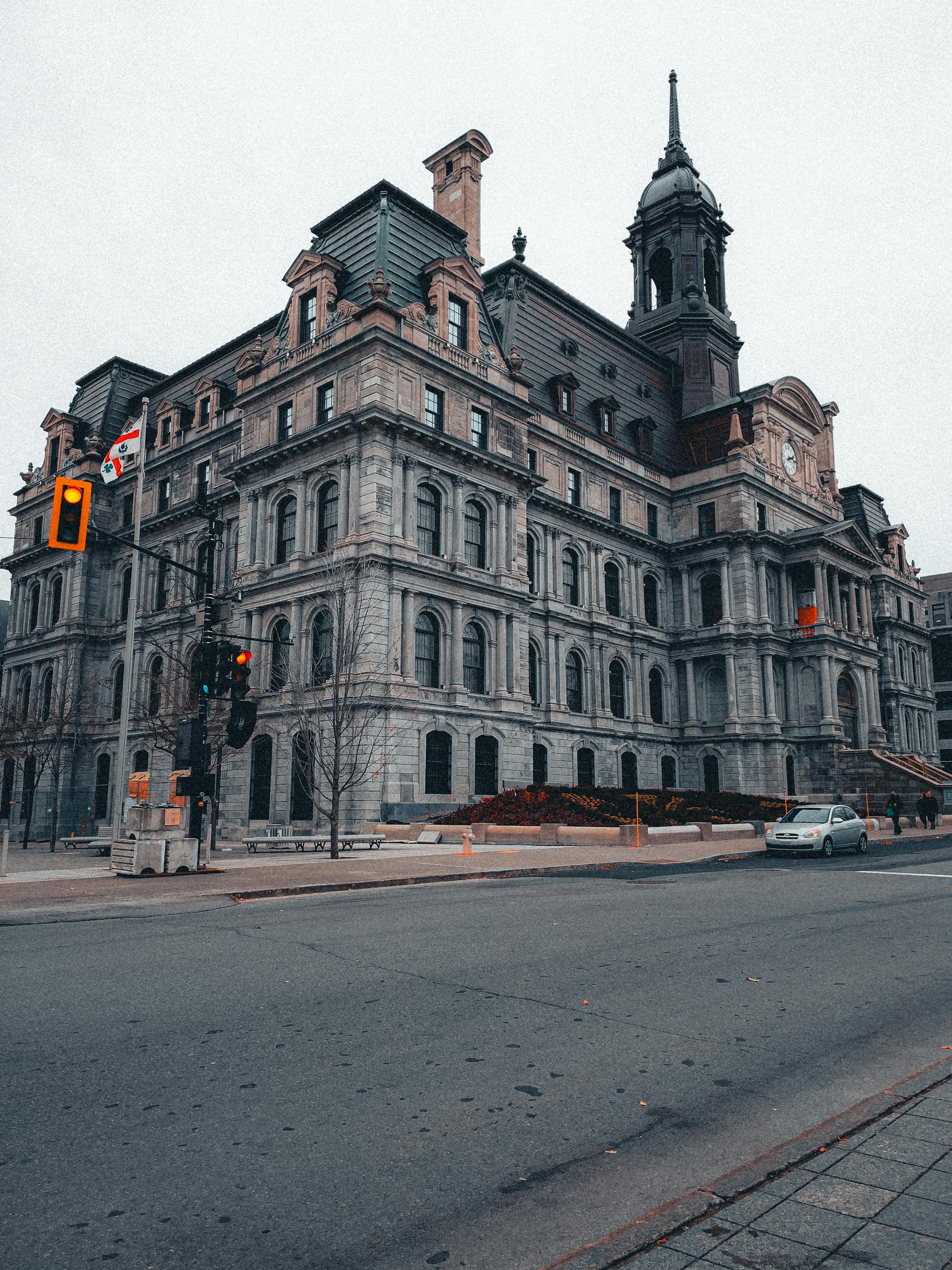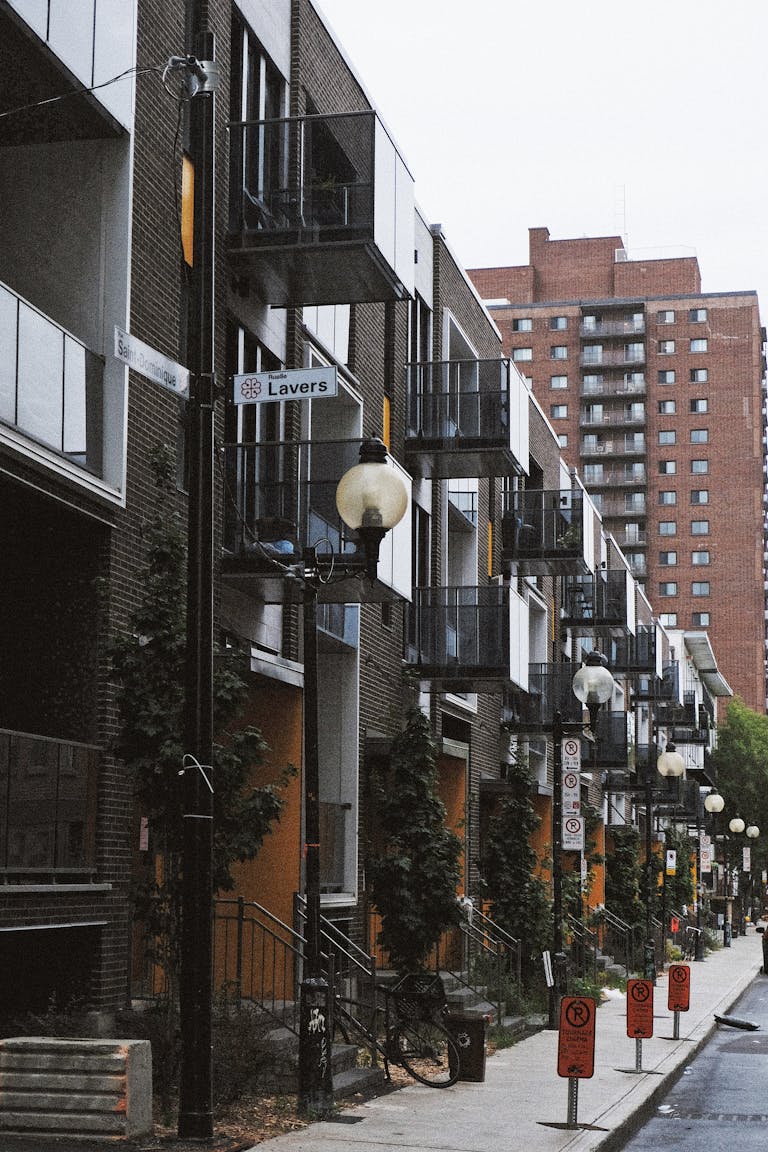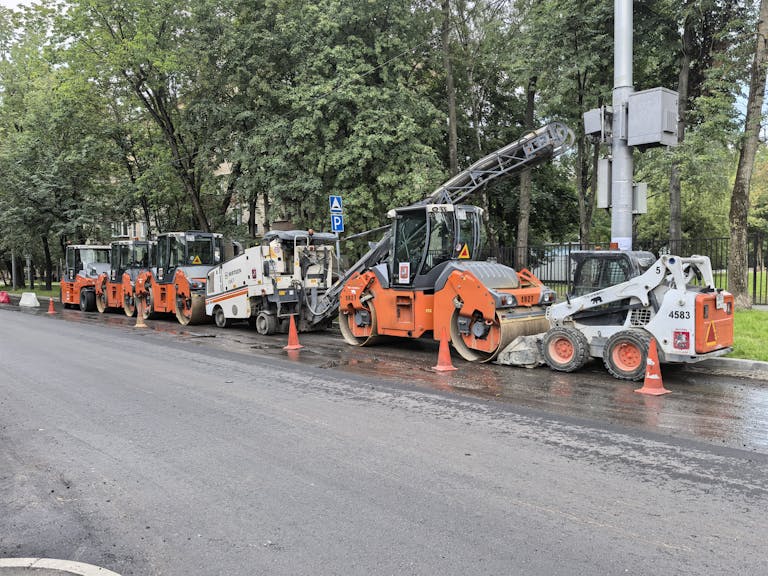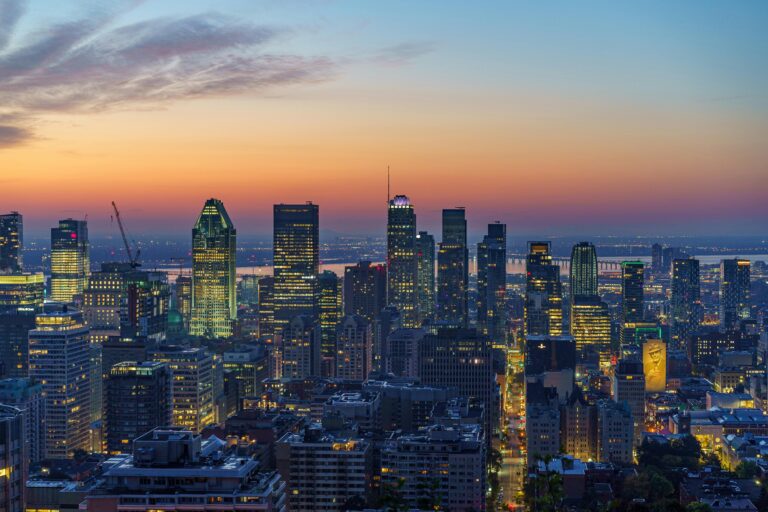Montreal’s Next Chapter: The Race for City Hall
Montreal stands at a pivot point. With the departure of Valérie Plante from the mayor’s office after two terms, the field for her successor is wide open. On one side is Luc Rabouin, recently elected leader of Projet Montréal, and positioned to carry forward the legacy of the outgoing administration. On another side stands Soraya Martinez Ferrada, leader of Ensemble Montréal, the official opposition, offering change rather than continuity. And in the mix is Craig Sauvé of the newly-formed Transition Montréal, carrying the hopes of a third-way movement challenging the two-party framework.
Rabouin inherits both an advantage and a burden. He will be judged not only on the promise of what’s to come but also on what has already been left unfinished: housing targets unmet, transit delays mounting, and neighbourhood complaints growing louder. He represents stability, yes, but in a moment when stability may feel insufficient. Martinez Ferrada presents herself as the fresh face of change — a candidate who says Montrealers deserve more than someone who simply continues the status quo. Her challenge is convincing voters that her vision isn’t only new but also plausible. Sauvé brings disruption: the sense that perhaps Montreal needs not just a new face but a new system. His challenge lies in proving that a relatively untested party can deliver where the old ones have struggled.
The campaign is unfolding under unusual circumstances. Polls show a tight race. In early September one survey recorded Martinez Ferrada at 18 per cent voter intention, Rabouin at 15 per cent and Sauvé at about 7 per cent — but most strikingly, 41 per cent of respondents were undecided. In other words, almost half of Montrealers have yet to choose. The election, scheduled for November 2, 2025, feels less like a formality and more like a true turning point.
For voters, the decision will hinge less on slogans and more on outcomes: Can rents stop rising? Can commutes shrink? Can services become reliable again? The race is not purely ideological — it is practical. Montrealers want less talk, more delivery.
And yet the drama isn’t just in the candidates. It’s in the city itself. Montreal is not the same city it was eight years ago. Growth has accelerated, pressure has increased, expectations have shifted. The next mayor will not simply manage a municipality; they will steer an entire metropolitan vision through a complex era of global competition and local reckoning.
In this atmosphere the race becomes a mirror of the city’s mood. One candidate offers the familiar scaffold of bureaucratic competence. Another promises a leap into something different. A third whispers: we must break the scaffold entirely. What the city wants may be all three at once — but can it find one person who embodies them?
As the campaign progresses, the defining moments will not be the debates or the big announcements. They will be the small, local moments: a neighbourhood meeting where a resident feels heard, a transit route finally extended, a permit processed without months of waiting. These are the real scaffolding of municipal trust.
Montreal’s next chapter will not begin the day ballots are counted. It begins now, in the decisions made, the voices included, the promises delivered. The next mayor will inherit the legacy of the past and the possibility of the future — but the question remains: will they guide the city’s motion to continue, or to accelerate?
The choice is not simply who leads. The choice is what future we choose. Montreal has always reinvented itself through crises and awakenings. This election may be its next.



